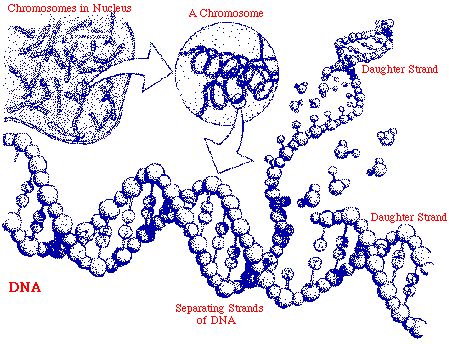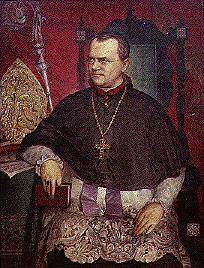Nature and Nurture
Popular topic of debate
Francis Galton
- Intelligence testing
- Hereditary Genius (1869)
- Twin studies
- View point: Nature vs. Nurture
Richard Mulcaster
- Introduced terms
- View point: Nature and Nurture
Nature and Nurture interact!
Nature
Nurture
- Environment
- From the womb to the tomb
�
Chromosomes
Strands of DNA

Humans have 23 pairs of chromosomes:
- 22 pairs of autosomes
- 1 pair of sex chromosomes
�
Genes

Genes are:
- Segments of your DNA
- Responsible for controlling what proteins are produced

Proteins are:
- Molecules that make (almost) everything in you
- Made up of amino acids
- Capable of affecting your behaviour
Physiology & behaviour: can not separate
�
Chromosome Replication
Mitosis
- In all cells except germ line
- You are a pile of clones: precise replication
- Cell differences due to genes
Meiosis
- In germ line: eggs and sperm
- Drop to half a chromosome
- Egg and sperm each contribute half chromosome to get full set of genes
- 50% genetic material from each parent
How many combinations can you make?
- 23 chromosomes
- 100,000 genes in genome
- 3,500,000,000 base pairs
- Mutation
- Crossing over
- Infinite possibilities (theoretically)
�
Genetic diversity!
Important for a "healthy" population
Mutations
- Fatal (most)
- No apparent affect
- Beneficial
When the environment changes, genetically diverse species survive
- "Fatal, but not serious."
How diverse are humans?
- Any two people: 3 x 10^6 base pairs (3,000,000)
�
Genotype and Phenotype
Genotype
- The genes that you have
- What you have the potential to be
Phenotype
- The genes that are physically manifest
- What you appear to be
Twins
Monozygotic
- Identical twins
- Fertilized egg cleaves apart
- Genotypically identical
- Phenotype different
Dizygotic
- Fraternal twins
- Two egss fertilized by two sperm at same time
- Genotype different
- Phenotype different
�
Dominant and Recessive Genes
Locus
- Site of a gene
- Can have slightly different genes at same locus
Homozygous
Heterozygous
Dominant Genes
- Takes precedence: always expressed as phenotype
- Represented with capital letter
Recessive Genes
- Only expressed if as phenotype if homozygous
- Represented with lower case letter
�
Mendel
�


Is It All in the Jeans?
Would a behaviourist, like Watson, think nature or nurture was more important for a person's development? Why?
What is the difference between your genotype and your phenotype?
Should there be more genetic counselling for expecting parents?
Why is genetic diversity necessary in a population?
How can the expense of the Human Genome Project be justified?

Return to Psych 104 Lecture Index page.





